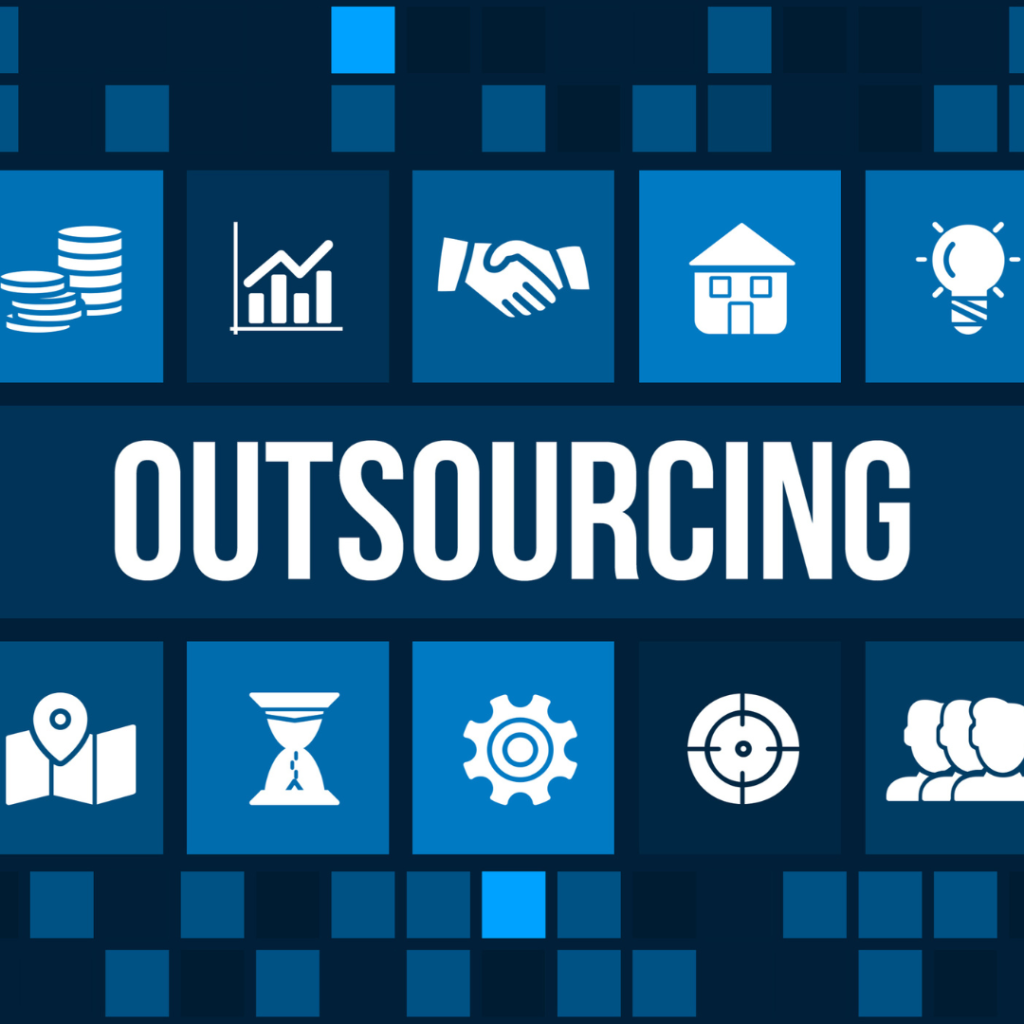BPO Services
Business Process Outsourcing (BPO) services involve delegating specific business processes or operations to third-party providers. This approach allows companies to focus on their core activities while outsourcing non-core functions to specialized firms. BPO can be categorized into different types, depending on the functions being outsourced. Here’s a comprehensive look at the main categories and common services within BPO:

Customer Service BPO
- Call Center Services: Inbound and outbound call handling, including customer support, telemarketing, and sales.
- Technical Support: Assistance with technical issues related to products or services, often provided through phone, chat, or email.
- Help Desk Services: Support for troubleshooting and resolving customer or internal IT issues.

Finance and Accounting BPO
- Accounts Payable and Receivable: Management of invoice processing, payment scheduling, and collections.
- Bookkeeping: Regular recording of financial transactions, reconciling accounts, and generating financial reports.
- Payroll Processing: Handling payroll calculations, tax deductions, and employee payments.
- Financial Reporting and Analysis: Preparation of financial statements, budgeting, forecasting, and financial analysis.

Human Resources BPO
- Recruitment and Staffing: Sourcing, screening, and hiring candidates for various positions.
- Employee Onboarding: Managing the process of integrating new employees into the organization.
- Benefits Administration: Handling employee benefits such as health insurance, retirement plans, and other perks.
- Training and Development: Providing employee training programs and professional development.

IT BPO
- Application Development and Maintenance: Developing, testing, and maintaining software applications.
- Infrastructure Management: Managing IT infrastructure, including servers, networks, and databases.
- IT Help Desk and Support: Providing technical support and troubleshooting for IT systems and applications.
- Cloud Services Management: Managing cloud-based applications, storage, and infrastructure.

Knowledge Process Outsourcing (KPO)
- Research and Analysis: Conducting market research, competitive analysis, and data analysis.
- Legal Process Outsourcing: Providing legal services such as document review, legal research, and case management.
- Medical and Healthcare Services: Offering medical transcription, billing, coding, and other healthcare-related services.

Procurement BPO
- Sourcing and Procurement: Managing the procurement of goods and services, including vendor selection and negotiation.
- Supply Chain Management: Overseeing supply chain operations, including logistics, inventory management, and order fulfillment.

Sales and Marketing BPO
- Lead Generation: Identifying and qualifying potential leads for sales teams.
- Digital Marketing: Managing online marketing campaigns, including SEO, PPC, social media, and content marketing.
- Market Research: Conducting surveys, focus groups, and analyzing market trends to support marketing strategies.

Administrative BPO
- Data Entry: Inputting and managing data in various systems and databases.
- Virtual Assistance: Providing administrative support such as scheduling, email management, and document preparation.
- Document Management: Handling the storage, organization, and retrieval of documents and records.
Benefits of BPO Services
- Cost Savings: Reduces operational costs by leveraging the expertise and efficiency of outsourcing providers.
- Focus on Core Competencies: Allows organizations to concentrate on their primary business functions and strategic goals.
- Access to Expertise: Provides access to specialized skills and technologies that may not be available in-house.
- Scalability and Flexibility: Easily scale services up or down based on business needs and market conditions.
- Improved Efficiency: Enhances operational efficiency through streamlined processes and advanced technologies.
Considerations When Choosing a BPO Provider
- Reputation and Experience: Evaluate the provider’s track record and experience in your industry.
- Service Level Agreements (SLAs): Ensure clear terms and expectations regarding performance, quality, and turnaround times.
- Cost Structure: Understand the pricing model and ensure it aligns with your budget and expected ROI.
- Technology and Security: Assess the provider’s technology capabilities and security measures to protect sensitive data.
- Cultural Fit: Ensure the provider’s approach and values align with your organization’s culture and goals.
If you need information on specific BPO services or have a particular provider in mind, let me know!


